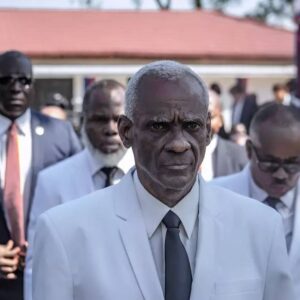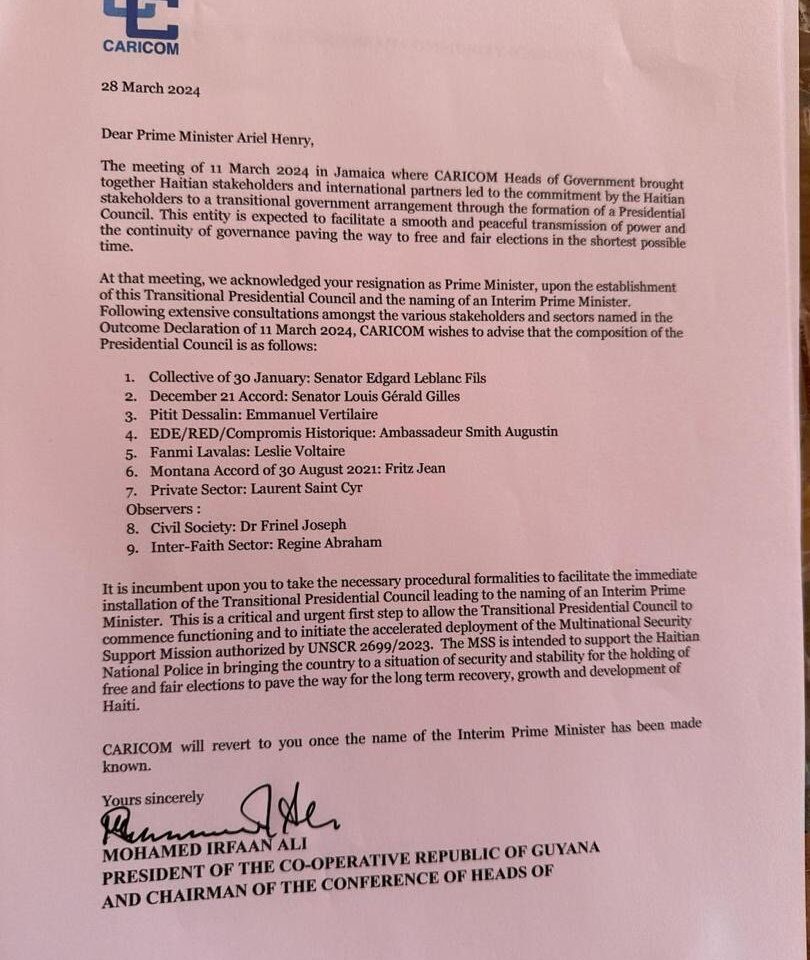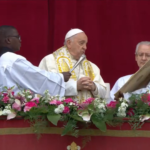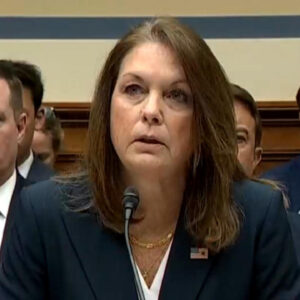To date, no one knows exactly how Caricom was able to leave its sphere of activities to find itself in the middle of the Haitian crisis as an interlocutor or mediator. Certainly, Caricom tried a few months earlier to learn about the key elements of the crisis by organizing an event in Kingston, Jamaica where many actors were invited, other important actors were neglected but no one noticed. complained too much because Caricom is not considered a large organization in Haiti. Moreover, Haiti benefits almost nothing concrete from this partnership and even with a Caribbean passport many Haitians are refused entry into some of these small islands (which greatly exceed the surface area and population of Haitians). Haitians suffer a lot of discrimination in some of these member countries, even in the Bahamas for example where half of the members of this population are descendants of Haitians..
Caricom had failed during these first negotiations, but it had not also forgiven the attitude of the Haitian government which had not cooperated too much.
The Caricom emissaries had returned to Haiti and tried to have a signed memorandum of understanding, but it was still a big failure. After this last initiative, at the end of 2023, everyone believed that Caricom had abandoned this project. For reasons that we don’t know, Caricom bounced back, but this time with much more support and particularly a little more decisive. At the beginning of March 2024, Caricom took advantage of the departure of the Haitian Prime Minister, Dr. Ariel Henry, to Kenya to deal it the biggest blow, like a great revenge!
With the support of its allies in Haiti and part of the international press, Caricom was able to strengthen itself because the situation became so complicated for Ariel Henry and his delegation, they could not return to Haiti. The Prime Minister was humiliated in the Dominican Republic which refused him his landing. He later, after hours of confusion, had to go to Puerto Rico to stay there for days. Rumors circulated at high speed as the situation became chaotic in Haiti. The gangs destroyed almost everything in their path. The kidnapping started again, chaos ensued. All these factors have allowed Caricom to expand its influence and position itself as judge and party in this multidimensional Haitian crisis. Caricom imposed conditions on Haitian actors, it quickly gained allies and other sectors, without validating their importance in Haitian communities or the weight of their contribution, the important thing is simply to conclude a political agreement as soon as possible. as possible to finish with Ariel Henry and replace his ministerial cabinet with much more flexible people. In a short time certainly, despite the disputes around the sectors and personalities selected or the conditions relating to this agreement, Caricom turned a deaf ear to pursue and execute its little agenda. This is how the actors of this organization led to the creation of an express Presidential Council without taking into consideration the steps to follow to transform this project into reality. Caricom therefore made the following main errors:
1- Caricom asked Haitian stakeholders to elect a president and a Prime Minister, but the members of the Council could not agree. Unfortunately, instead of insisting, Caricom changed the program!
2- Caricom recognized the authority of Ariel Henry as Prime Minister in office, through its correspondence of March 28 where it asked the Prime Minister to publish the list of the 9 members of the presidential council in the official newspaper Le Moniteur, while that almost two weeks ago Caricom and its allies did their best to humiliate Ariel Henry and give the impression to the world that he was part of the past. Well-ordered propaganda was unleashed locally and internationally.
3- Caricom established from the outset that nine (9) sectors will be represented at the level of the Presidential Council, two (2) of which would play the role of observers. These two sectors would be civil society in Haiti and the diaspora. No one in Haiti disputes the importance and the great representation of the Haitian diaspora (more than 3 or 4 million people scattered across the world), however after a number of modifications at the level of the Council and especially improvisation, the final list saw the diaspora excluded (without representation) to be replaced by a sector invented by Caricom commonly called “INTERFAITH”, although the representative of this sector worked for the current government unlike the first representative who was chosen by the party TÈT KALE policy (almost same family).
4- Caricom has never directly assumed its role as interlocutor or mediator in the Haitian crisis. Except the organization of a public video teleconference with certain Haitian sectors held during a meeting in Kingston Jamaica between members of the Caricom delegation and American Secretary Antony Blinken, on March 11, 2024, to launch this approach which should reach a political agreement, but without methodology or deadlines or specific administrative or legal framework…Caricom did its best to give the impression that the decisions are made by the Haitians and that their presence is not crucial to the realization of this project.
At the time of writing this text, it has already been almost 3 days since Caricom submitted its list to the Haitian Prime Minister, Dr. Ariel Henry, there is no indication that his government will do any follow-up. According to credible sources, Prime Minister Ariel Henry does not intend to sign this document or publish it in the official newspaper Le Moniteur. However, informed observers wonder if the Prime Minister, Mr. Michel Boisvert, did not himself manage to take the risk or if the ministerial cabinet itself could not intervene or change its position. So far nothing has changed!
At the same time, the socio-political organizations gathered around the CITIZEN PROPOSAL continue to advocate for an outcome of the crisis via the Court of Cassation which, they say, is the most logical solution or the closest to the Haitian Constitution. Indeed, from 1990 to 2004, Haiti experienced two more or less successful transitions under the aegis of a judge of the court of cassation. Experts will also tell you which circumstances are a little different in terms of form, but in substance this option is still applicable.
In all likelihood Caricom is not playing the role of mediator in this crisis, it is rather acting as a third party with unacknowledged interests!
If this Council is important to the United States or Canada they will find a way to install it. Otherwise, the lines will move again!
History will tell the rest!
#betterhaiti







